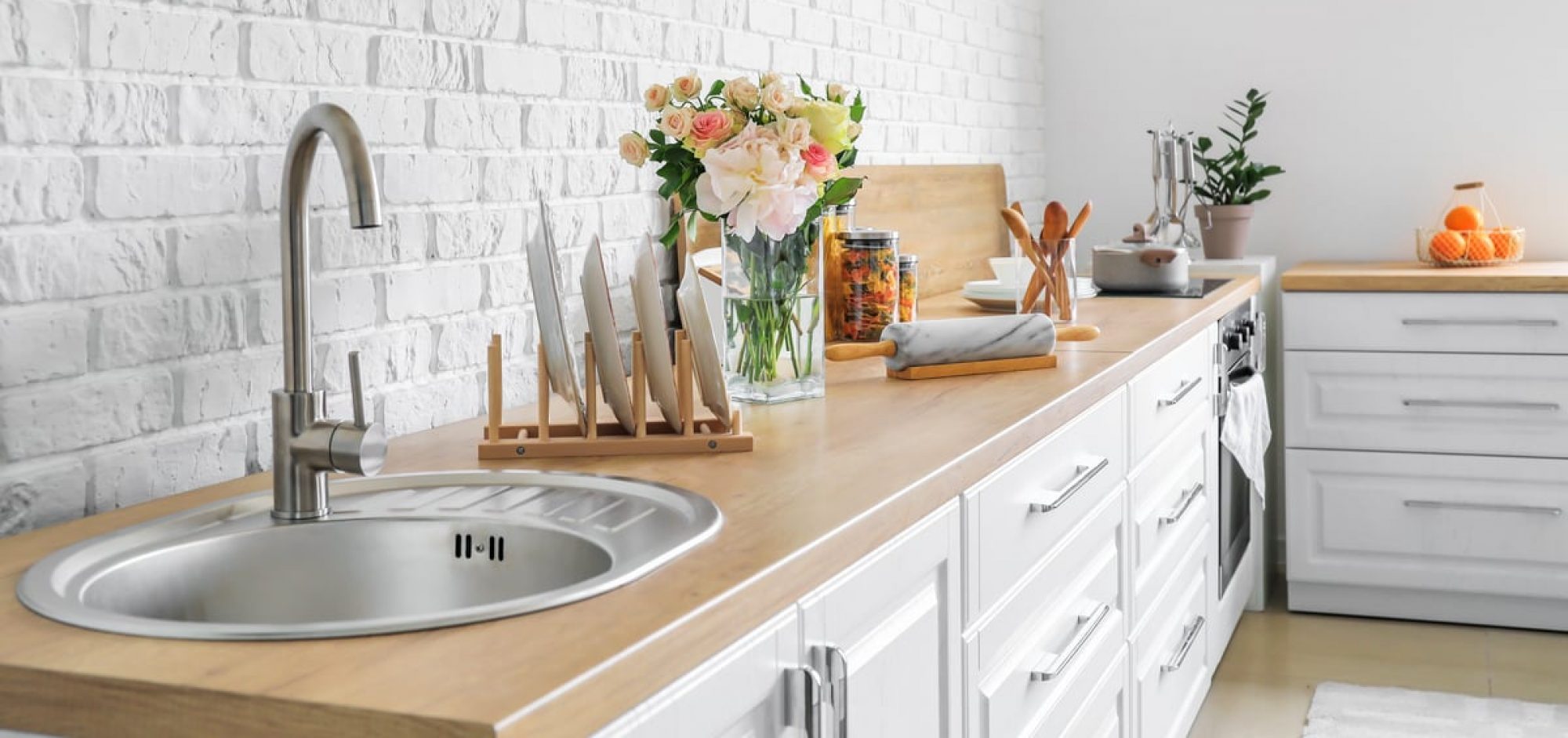Anxiety disorders are one of the most common and distressing mental health problems. CBD has emerged as a potential therapeutic for anxiety disorders, with promising preclinical and clinical data. CBD has anxiolytic properties and appears to be well-tolerated, without the sedative effects of THC.
CBD is a non-psychoactive, phytocannabinoid that interacts with the cannabinoid type 1 receptor (CB1R) and the serotonin 5-HT1A receptor. These receptors are involved in the regulation of anxiety-related behaviors, including arousal and fear responses. The interaction between these receptors and CBD’s anti-anxiety effects may be mediated by the reduction of amygdala activity.
Recent studies suggest that CBD reduces the arousal and avoidance of stimuli associated with anxiety, enhances extinction of the feared stimulus, and blocks the reconsolidation of persistent fear memories. In addition, CBD may improve the quality of sleep in people with anxiety. CBD is also thought to have neuroprotective properties and inhibit the aggregation of amyloid plaques in Alzheimer’s disease patients.
A 2015 review of clinical studies found that cbd for anxiety can be effective in the treatment of a variety of psychiatric disorders, including anxiety. A more recent study in 2019 found that 80% of participants with anxiety reported improved symptoms after receiving medical cannabis. The authors concluded that CBD is a safe and efficacious therapy for anxiety, with the added benefit of helping with other related symptoms such as insomnia and fatigue.
The results from the open-label stage of this clinical trial suggest that 4 weeks of treatment with a full-spectrum, high-CBD sublingual product is efficacious in patients with moderate-to-severe anxiety. This is consistent with and extends previous preclinical and clinical research. Both BAI and OASIS average scores dropped significantly. In addition, a large number of patient-report and clinician-rated scales demonstrated clinically significant reductions in anxiety.
Studies in animal models indicate that CBD has anxiolytic and anti-anxiety effects, depending on its interaction with CB1Rs and 5-HT1ARs in specific brain regions. For example, systemic CBD reduced acute increases in heart rate and blood pressure induced by restraint stress, in part via CB1R activation. CBD also decreased the anxiogenic effects of chronic unpredictable stress in the BNST and VCT, in part through 5-HT1AR activation. The anxiolytic effects of CBD were augmented by microinjection into the DPAG, where they depended on 5-HT1ARs.
When you’re dealing with anxiety, CBD can help ease a variety of symptoms including stress, restlessness and an increased heart rate. The oil can also promote a deeper, more relaxing sleep. Additionally, it can boost focus and elevate mood. CBD can also ease certain types of chronic pain, such as headaches that are often associated with stress and anxiety.
CBD for anxiety can be taken in many forms, such as capsules, oils and gummies. When choosing the best cbd for anxiety, look for a product that provides a convenient method of dosing and an appealing flavor. Additionally, look for a company that uses responsible business practices and sends all of its products out for third-party lab testing.
There are a number of factors that can influence which CBD oil is best for you, including the amount of mg per serving, whether it’s full versus broad spectrum and what your dietary needs are. Some people prefer to take a low-level CBD oil daily while others may need more of a high-potency formula for occasional anxiety episodes or pre-anxiety jitters.

